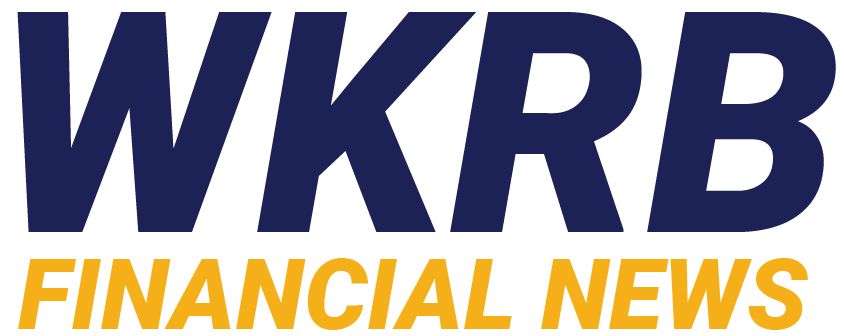
Old Second Bancorp, Inc. recently announced that its Board of Directors has given the green light for a stock repurchase initiative. The company is set to repurchase up to $39.1 million worth of shares of its common stock through the authorized Repurchase Program. The approval for this program came on December 16, 2024, after the Federal Reserve Bank of Chicago provided its non-objection.
Under the Repurchase Program, Old Second Bancorp may engage in various methods for repurchasing shares, including open market purchases, trading plans compliant with SEC regulations, private negotiations, or other suitable means. The actual timing, quantity, and prices of these repurchases will be determined at management’s discretion and will factor in elements such as market conditions, economic outlook, and legal requirements.
Bradley S. Adams, the Executive Vice President, Chief Operating Officer, and Chief Executive Officer of Old Second Bancorp, signed off on this report as required by the Securities Exchange Act of 1934 on December 17, 2024.
This article was generated by an automated content engine and was reviewed by a human editor prior to publication. For additional information, read Old Second Bancorp’s 8K filing here.
About Old Second Bancorp
Old Second Bancorp, Inc operates as the bank holding company for Old Second National Bank that provides community banking services. It offers demand, NOW, money market, savings, time deposit, individual retirement, and checking accounts, as well as certificates of deposit accounts. The company also provides commercial loans; lease financing receivables; commercial real estate loans; construction loans; residential real estate loans, such as residential first mortgage and second mortgage loans; home equity line of credit; consumer loans, including motor vehicle, home improvement, and signature loans; installment and agricultural loans; residential mortgages; and overdraft checking.
See Also
- Five stocks we like better than Old Second Bancorp
- 3 Grocery Stocks That Can Help Take a Bite Out of Inflation
- AppLovin Insiders Sell Shares: Stock Price Indicated Higher
- What Are the U.K. Market Holidays? How to Invest and Trade
- Broadcom’s Stellar Outlook Sparks Hopes for a Semi Sector Rally
- Using the MarketBeat Stock Split Calculator
- Salesforce’s Clear Path to $400 and Beyond
